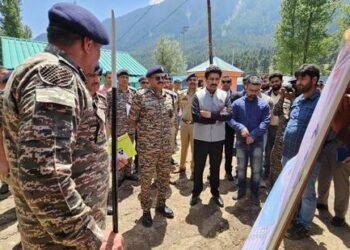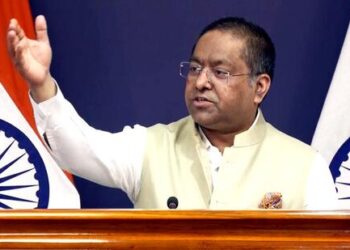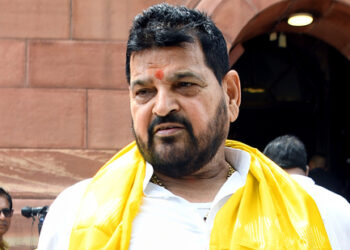The Congress Party, a longstanding force in Indian politics, has been embroiled in a legal battle over alleged financial irregularities. The Income Tax Department recently conducted raids at various premises linked to Congress leaders, including its chief, Sonia Gandhi, and her son Rahul Gandhi.
Responding to these actions, Congress spokespersons have lashed out, accusing the Modi government of using state agencies to target political opponents. They argue that the timing of the raids, just months before several key state elections, suggests a calculated attempt to derail the Congress’s electoral prospects.
Rahul Gandhi, a prominent figure within the party and a former president condemned the raids as a “political vendetta” orchestrated by the ruling Bharatiya Janata Party (BJP). He asserted that Congress remains undeterred by such tactics and is determined to fight for the rights of the people.
Meanwhile, supporters of the BJP have defended the government’s actions, stating that the investigations are part of routine procedures to ensure transparency and accountability in governance. They refute any allegations of political interference, emphasizing the impartiality of law enforcement agencies.
The escalating confrontation between the Congress and the BJP underscores the intense political polarization gripping India as it approaches crucial electoral battles. With state elections looming, including contests in Uttar Pradesh, Punjab, and Uttarakhand, the stakes for both parties have never been higher.
As India’s political landscape heats up in anticipation of forthcoming elections, the clash between the Congress and the BJP over the tax case underscores the deep-rooted divisions within the country’s democracy. While the Congress accuses the Modi government of wielding state power to stifle opposition voices, the BJP maintains its stance on upholding the rule of law. As the legal battle unfolds, the ramifications of these allegations could significantly influence the electoral dynamics in the coming months.








 India
India












